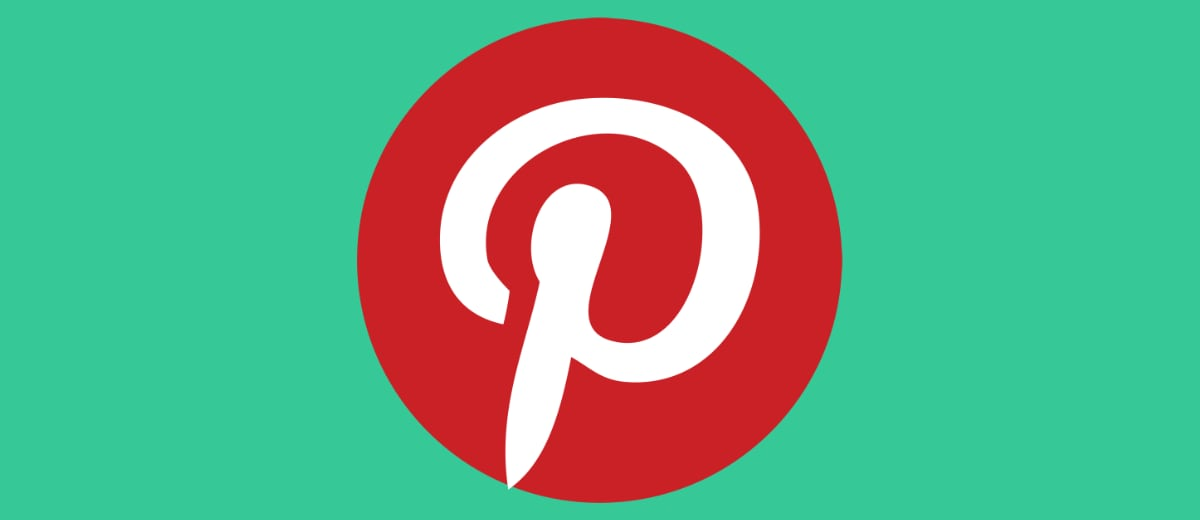New tools that have appeared in this service make it easier for content creators to promote products and work with brands. Thus, the platform is becoming more and more e-commerce friendly.
The popular image-sharing platform has introduced new tools to users that allow merchants to make money by promoting products from their site. It became known that Pinterest is adding new options to its Idea Pins (more interactive content that uses video and music, similar to videos on TikTok), presented in May this year.
Now the seller can add tags to products in Idea Pins, which at this stage can only be created by business accounts. Thus, buyers get direct access to the opportunity to purchase the product they like in a particular "Pin", and sellers can make the content on the platform more selling. At this stage, the link in the "pin" does not lead directly to the site where you can make a purchase, but to another page on the platform, where all the details about the product are already available. Even so, this is a significant step forward for Pinterest as an e-commerce platform.
Also, Pin creators who are not sellers can partner with brands and earn commissions by posting affiliate links in their content. A similar scheme has been around for a long time on other platforms like YouTube or Instagram, but now similar monetization options for content creators have appeared for owners of Pinterest accounts.
Over the years, the Pinterest platform has grown into a huge directory with hundreds of millions of Pins uploaded by large and small retailers. This is largely due to the company's partnership with the Shopify service, which specializes in developing software for creating and running online stores.
